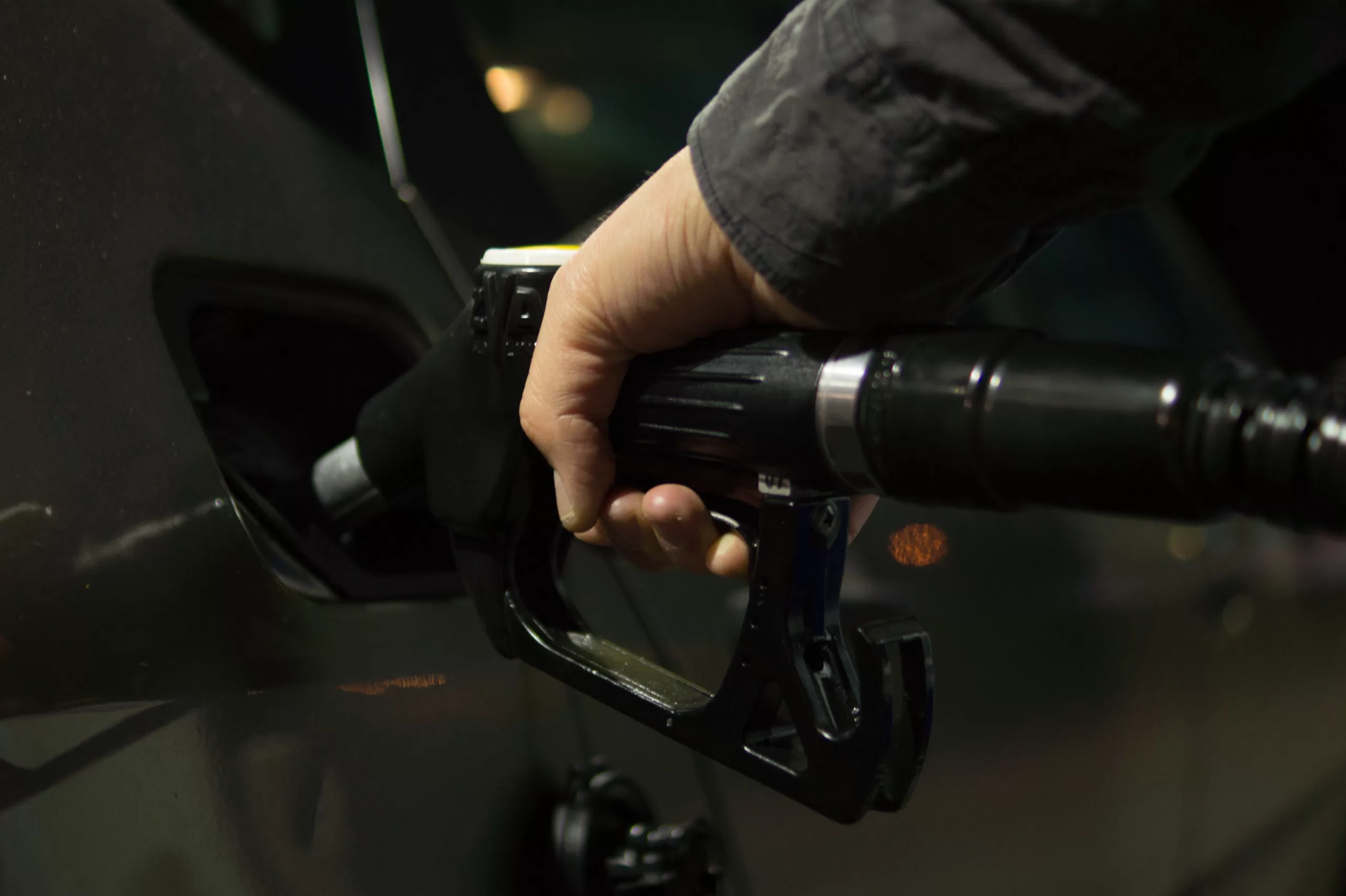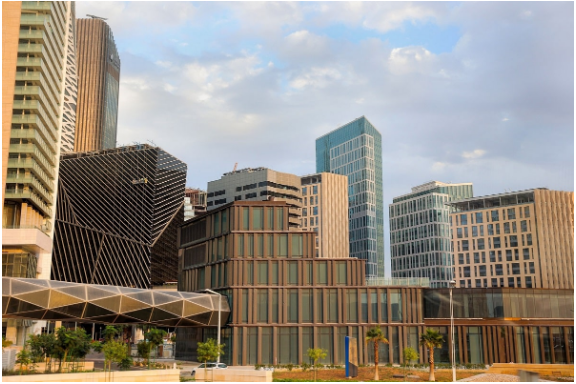Petrol Prices in Pakistan Witness Significant Decrease of Rs8 per Litre, Diesel Rates Cut by Rs11, Effective October 1
ISLAMABAD: Offering a respite to the populace grappling with inflation, Pakistan’s caretaker government has taken a noteworthy step by reducing the price of petrol by Rs8 for the upcoming fortnight, marking the first reduction in two-and-a-half months.
Concurrently, a substantial price cut of Rs11 has been unveiled for diesel, setting the new rate at Rs318.18 per litre. The revised prices of petroleum products have come into effect starting from midnight. The Ministry of Finance, through an official statement, cited the decision to lower fuel prices as a response to the recent strengthening of the Pakistani rupee and a global decrease in petroleum and oil lubricants (POL) rates.
“In light of the fluctuations observed in the international prices of petroleum products and the improvement in the exchange rate, the Government of Pakistan has opted to revise the consumer prices of petroleum products,” stated the ministry.
Additionally, the government has opted to slash the price of kerosene oil by Rs7.53 per litre, resulting in a rate of 237.28 per litre. Light diesel oil, too, saw a reduction of Rs7.77 per litre, settling at 212.45 per litre.
The last instance of a price reduction for these commodities occurred in mid-July, when petrol prices were lowered by Rs9 per litre to reach Rs253, and diesel rates saw a decrease of Rs7, bringing them to Rs253.50 per litre.
The move to reduce petrol and diesel prices comes as welcome news for Pakistanis grappling with the financial impact of rising costs. Let’s delve deeper into the implications and factors influencing this decision.
Relief for Inflation-Weary Masses
The reduction in petrol and diesel prices is a much-needed reprieve for the citizens of Pakistan who have been battling inflationary pressures for some time. The decrease in prices is expected to alleviate some of the financial burdens faced by consumers, particularly those who rely on personal vehicles for their daily commute.
Diesel Price Cut Signals Economic Respite
The significant Rs11 reduction in diesel prices holds particular importance. Diesel is a crucial fuel in Pakistan, powering a wide range of vehicles, from trucks to generators. This reduction is not only a relief for individual consumers but also for businesses and industries that rely on diesel for their operations. Lower diesel prices can have a cascading effect, potentially leading to reduced transportation costs and, ultimately, lower prices for goods and services, which could ease the overall inflationary pressures in the country.
Factors Behind the Price Reduction
Several factors have contributed to the decision to reduce fuel prices in Pakistan:
- Strengthening Pakistani Rupee: The recent appreciation of the Pakistani rupee against major foreign currencies, particularly the US dollar, has played a significant role in the reduction of fuel prices. A stronger rupee allows the government to import oil and petroleum products at a lower cost.
- Global POL Rates: The reduction in global petroleum and oil lubricants (POL) rates has provided a favorable external environment for lowering domestic fuel prices. As Pakistan is a net importer of oil, fluctuations in global oil prices directly impact domestic prices.
- Inflation Management: Lowering fuel prices can be seen as a measure to curb inflation and ease the financial burden on the general public. Inflation has been a pressing concern in Pakistan, affecting the cost of living for many citizens.
Consumer Benefits and Economic Impact
The reduction in fuel prices will have several immediate and long-term effects:
- Cost Savings: Consumers will directly benefit from lower petrol and diesel prices, resulting in reduced expenses for transportation and daily commuting. This can positively impact household budgets and improve the overall quality of life for many.
- Business Cost Relief: Industries and businesses that rely on diesel for their operations will experience cost relief, potentially leading to improved profit margins or more competitive pricing for their products and services.
- Inflation Control: Lower fuel prices can contribute to controlling inflation, as they reduce the overall cost structure for goods and services. This, in turn, can lead to increased consumer confidence and spending.
- Economic Boost: Reduced transportation costs can stimulate economic activity, benefiting various sectors such as logistics, manufacturing, and retail.
- Environmental Considerations: Lower fuel prices may encourage greater fuel consumption, which could have environmental implications, including increased greenhouse gas emissions. Balancing economic benefits with environmental concerns will be essential.
Conclusion
The decision by Pakistan’s caretaker government to lower petrol and diesel prices comes as a significant relief to the inflation-weary populace. It reflects a thoughtful response to economic dynamics, including the strengthening of the Pakistani rupee and favorable global POL rates.
This reduction in fuel prices not only alleviates the financial burdens of individual consumers but also holds the potential to stimulate economic activity, control inflation, and provide cost relief to industries and businesses. As Pakistan navigates the complex economic landscape, managing fuel prices responsibly remains an essential aspect of ensuring the welfare of its citizens and the overall health of the economy.






Share this: